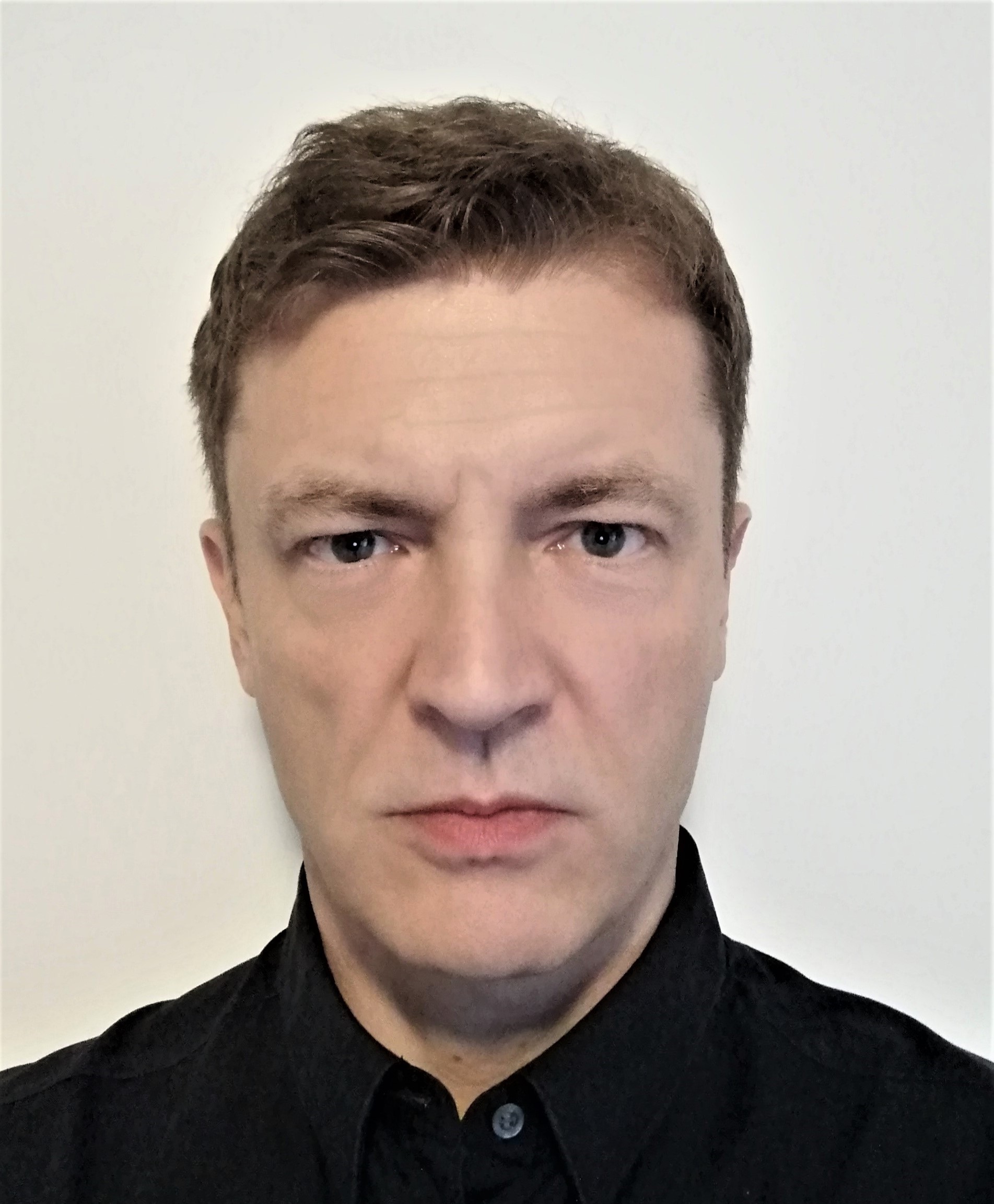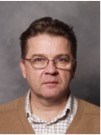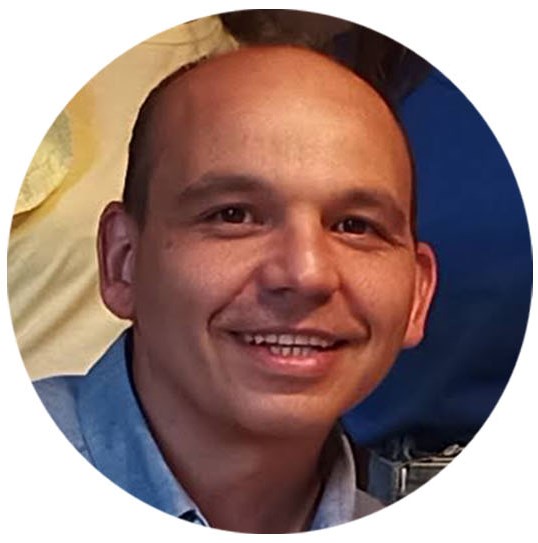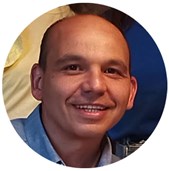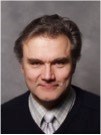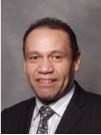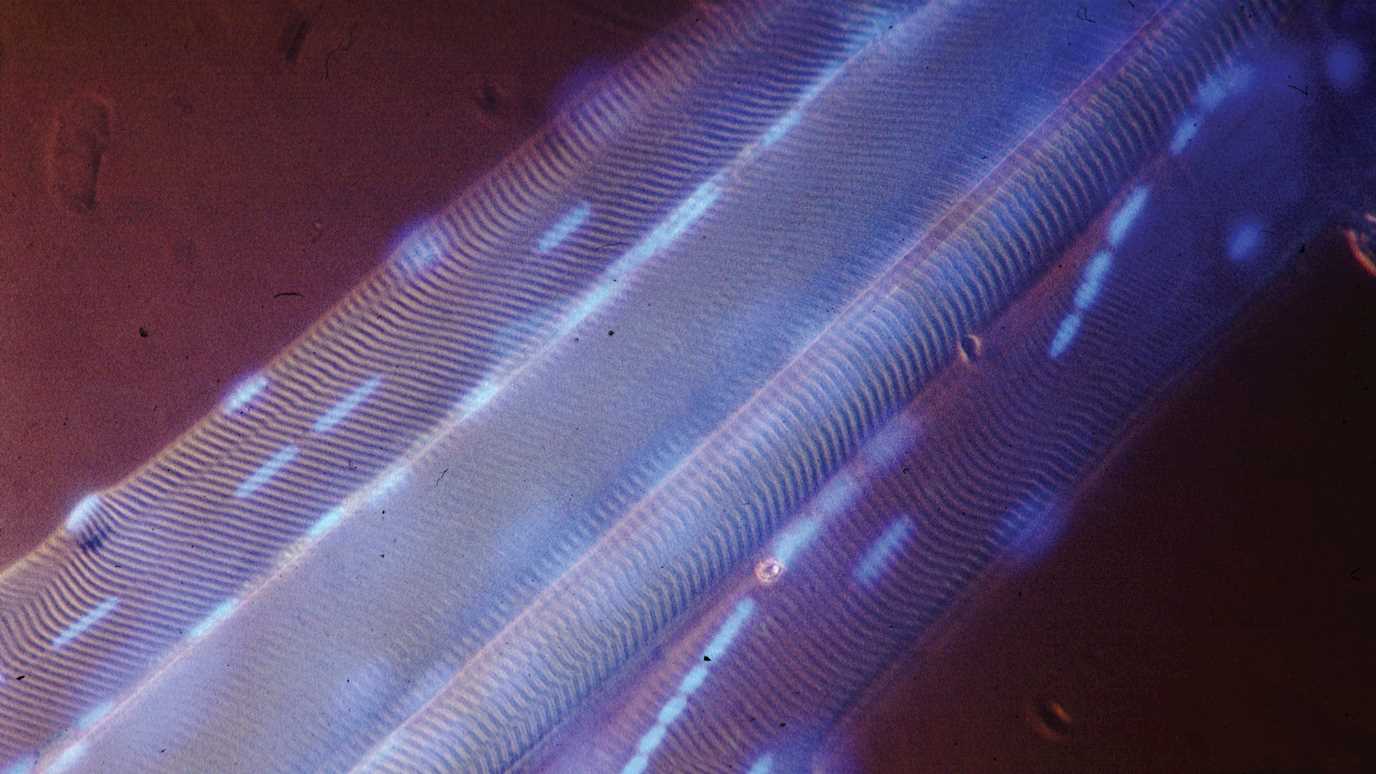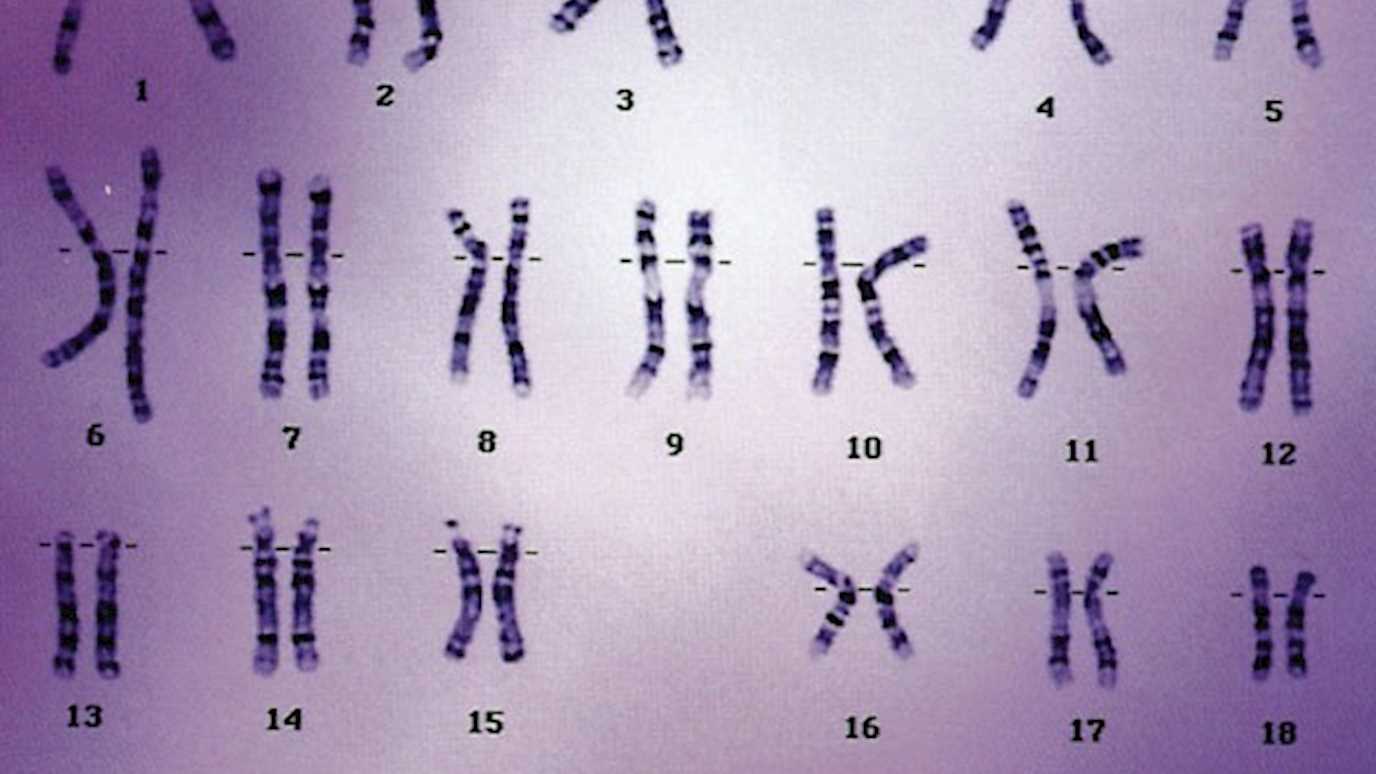The Centre of Biomedical Sciences (CBMS) is a group of scientists with shared interest in the understanding of molecular mechanisms of disease and the development of treatments for patients.
Areas of expertise include microbiology, infection and immunology, regenerative molecular medicine, genetic therapies and molecular neuroscience. We collaborate widely and internationally with other institutions, charities and biopharma organisations. Our impressive breadth of research supports innovative teaching within the department.
Our world renowned research is having meaningful translational impact on patient’s lives; two impact case studies from our Centre were submitted for REF2021.
Treating Duchenne Muscular Dystrophy
Improving treatment of drug-resistant epilepsy
Get Involved
Find out which Biomedical Sciences projects you can study as part of an MSc Biological Sciences by Research
You can also see what PhD projects we have available here.
Academic Staff
Dr Philip Chen
Lecturer in Biomedical Sciences
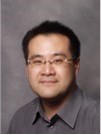
Dr Philip Chen's lab is primarily interested in understanding the molecular determinants of drug action at ionotropic glutamate receptors and have been involved in identifying novel antagonists acting at AMPA receptors (Chang et al. 2016 and Augustin et al. 2018). Furthermore, we are also interested in understanding the roles played by novel intracellular proteins on glutamate receptor function (Salim et al. 2019). Recently we have also examined the process of RNA editing and have developed a number of novel antisense oligonucleotides that can modify RNA editing at various transcriptional targets (Chaytow et al. 2021). Current work is exploring the subsequent effect of these oligonucleotides on cellular and neuronal function.
Prof. James McEvoy
Head of Department; Prof. Biological Chemistry
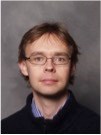
Dr James McEvoy uses the flipped classroom technique to bring problem-solving into his classroom, and publishes his teaching innovations in the pedagogical literature. His disciplinary research interests include antibiotic resistance in bacterial biofilms. Dr McEvoy is currently the Head of Department of Biological Sciences.
Dr Stuart Snowden
Lecturer in Metabolomics
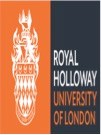
Dr Stuart Snowden’s research focuses on using state of the art mass spectrometry approaches to study the interaction between metabolism health and disease. Some of his recent work has focused on developing methods to measure the metabolite composition of individual cells to assess the role of metabolic heterogeneity in disease aetiology.
Prof. Robin Williams
Professor of Molecular Cell Biology
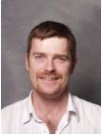
The Williams group works in the area of ‘Pharmacogenetics and drug discovery’.
Many currently used medicines, natural products, and traditional remedies are effective as medicinal treatments but lack a clear insight to targets and molecular mechanisms. This holds back the development of new medicines and limits our insight to the underlying mechanisms of many diseases. We focus on using an innovative and tractable model system to improve our understanding of these compounds, including identifying direct targets and regulated pathways for numerous compounds used in the treatment of a range of diseases including epilepsy, bipolar disorder, Alzheimer’s disease, cancer and infection. With this information, we have been able to develop safer and more potent medicines that we have validated in preclinical models, human tissue and in clinical trials.
Prof. Rafael J Yáñez-Muñoz
Professor of Advanced Therapy
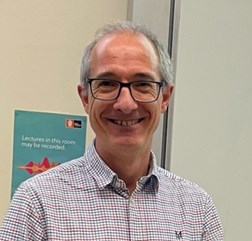
Rafael Yáñez is Professor of Advanced Therapy in the Department of Biological Sciences. He has extensive experience in gene and cell therapy for both common and rare diseases. He is particularly involved in the development of safer methods, using genome editing (watch a videoclip on his genome editing research) and viral vectors modified to avoid integration in the cellular genome. His latest research is of relevance to neurodegenerative and inherited diseases, including ataxia telangiectasia, spinal muscular atrophy, spinal injury, Parkinson disease and immunodeficiencies. Prof Yáñez is currently the President of the British Society for Gene and Cell Therapy.










